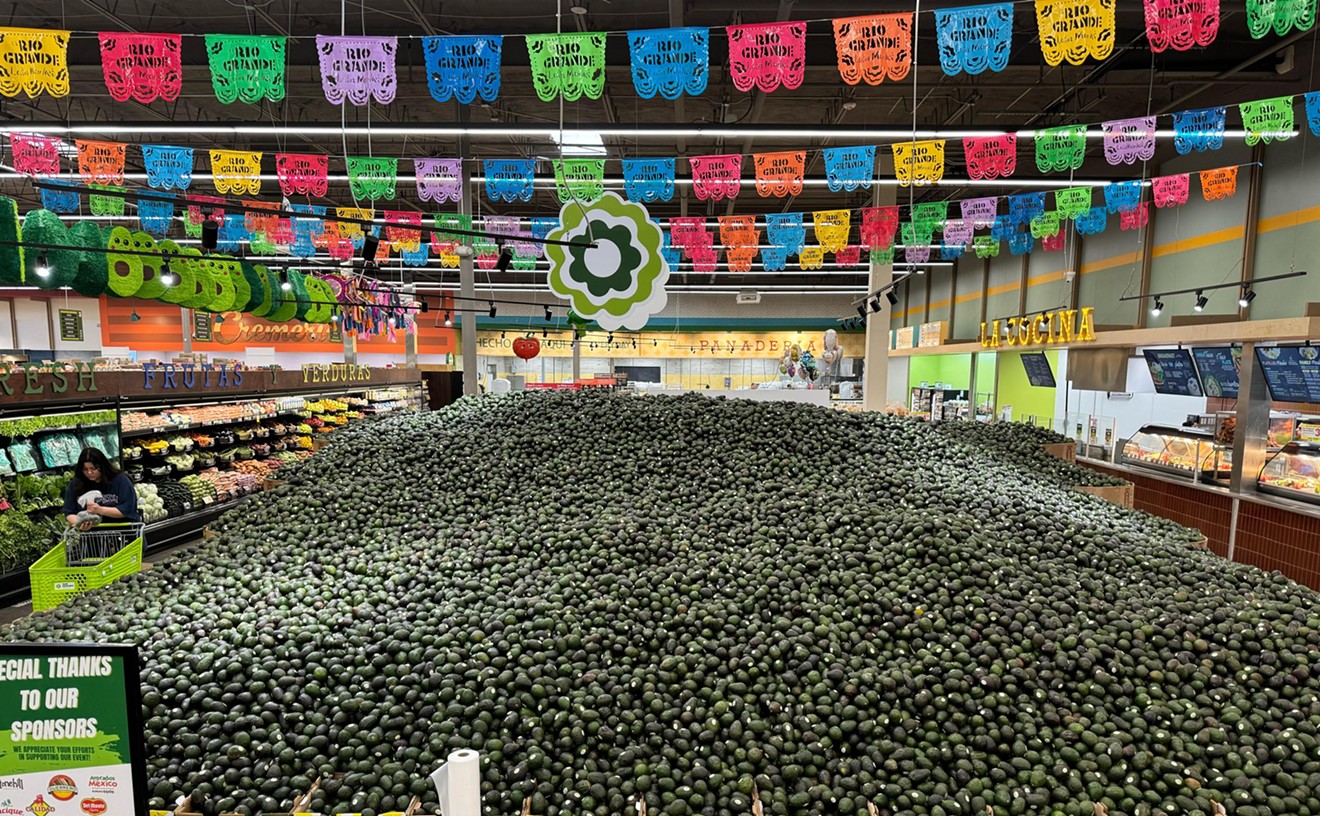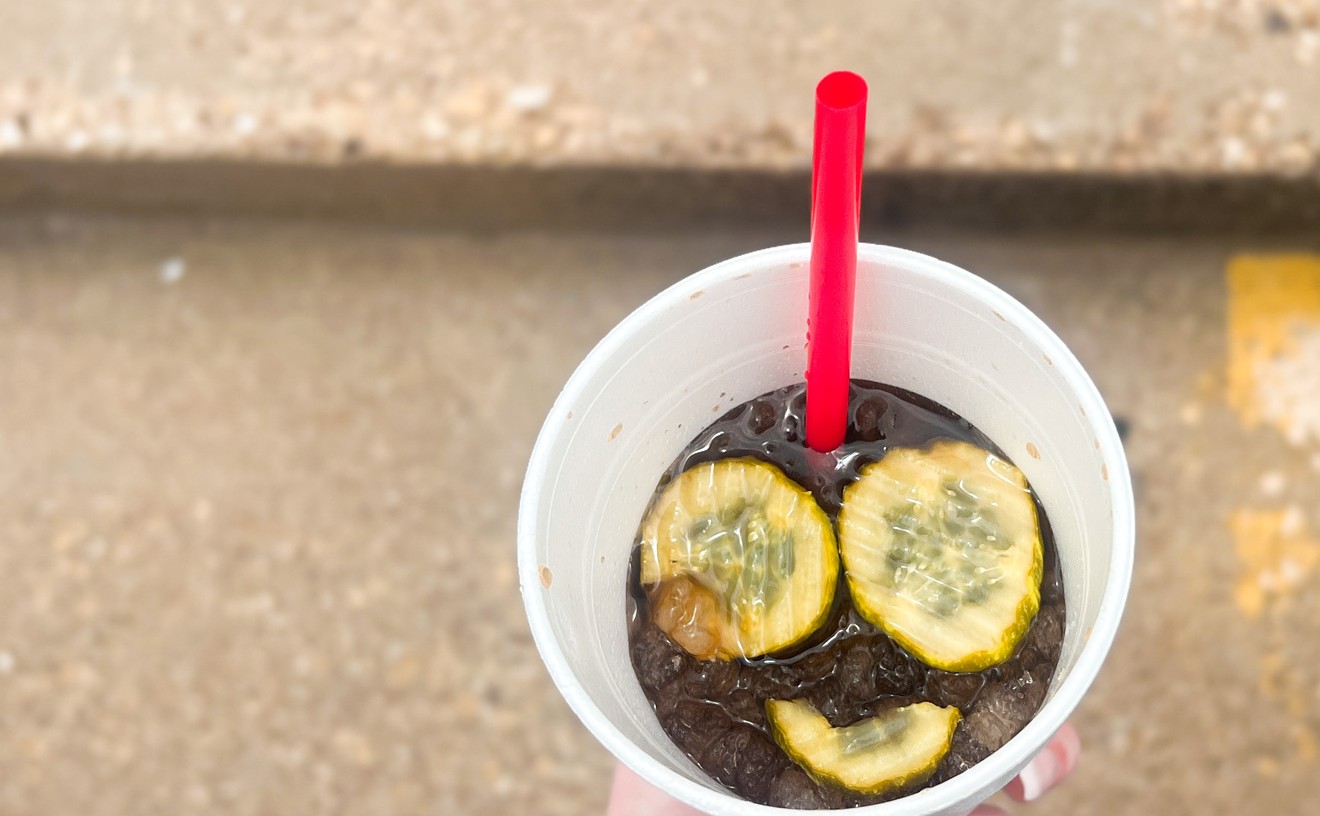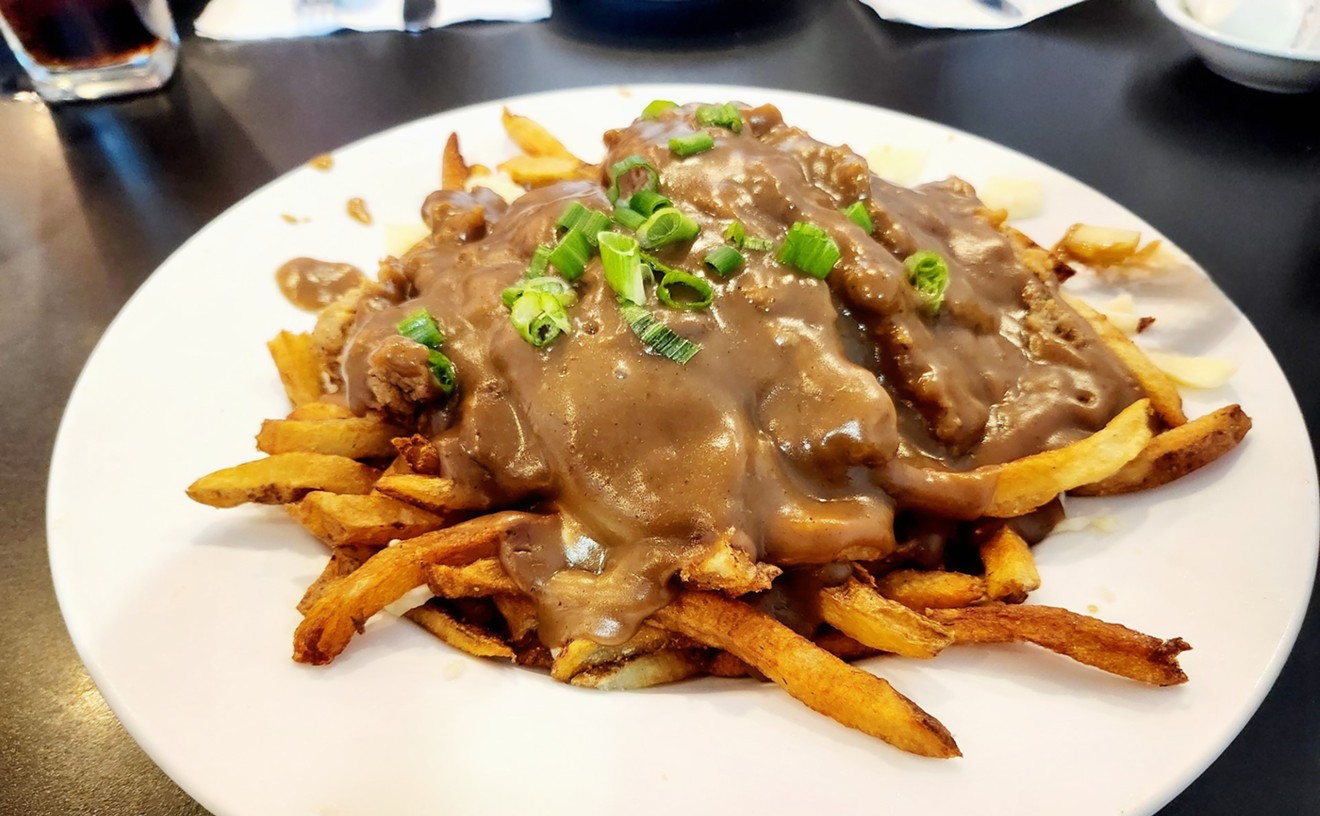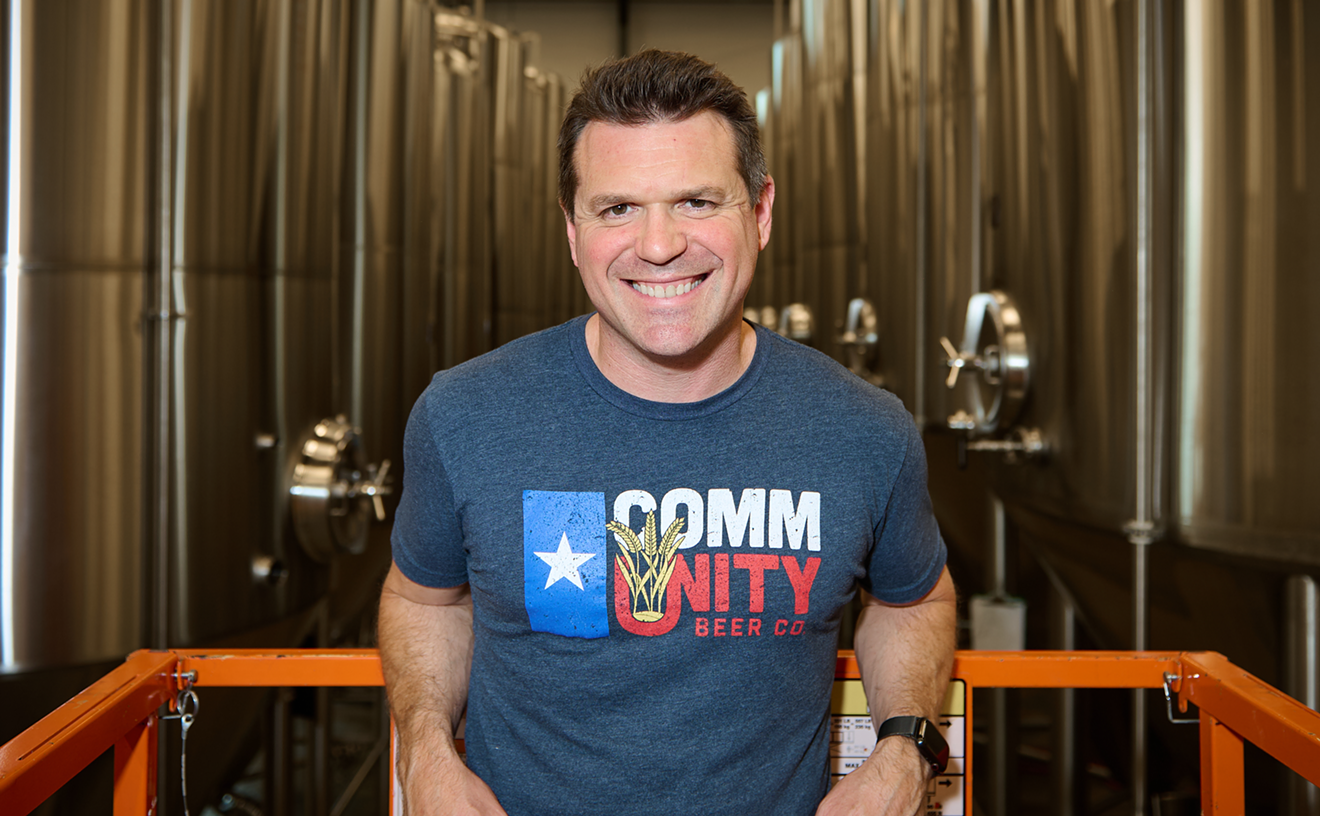Nothing against Victor Tangos. Their bartenders make very good cocktails and they steadfastly--last I checked--refuse to use the word "mixologist."
Their drink recipes, however, require precise measurements. Even though they wield this precision to create updated versions of the fizz, the Champagne cocktail and other classics, this puts them in the same league as those despised professionals mixing an ounce of pomegranate and two ounces of organic cane sugar syrup with...you know how it goes. Really I''m just using them as an example.
Modern signature cocktails almost invariably require the use of that two-faced tool of mixologists everywhere: the jigger.
As most of you know, the jigger is an instrument with a 1.5 ounce cup on one side and one ouncer on the other (generally speaking, the sizes can vary). It allows anyone to replicate a drink recipe with relative ease, and ensures you don't get cheated out of any precious alcohol.
Fine--but I've always been a fan of the free pour, and here's why:
A cocktail should be more than a drink. It's also a form of communication, in that the drink we order (and the way we order) projects something about us. And within that ordering process, we are--or should be--forced to interact with the bartender.
For you see, each customer has a preference in taste and each bartender has a particular style. Walk up to any seasoned professional and call for an Old Fashioned. You may like the sour fruit essence released by muddling a cherry and some orange zest in the glass while the bartender prefers to create a different impression by twisting the zest over the drink and using cherry as a garnish. Maybe you want more whiskey and less sugar. There's personal taste and some showmanship and a lot of the bartender's particular style involved. But good bartenders sound you out, and you provide feedback.
And perhaps the bartender talks you into edging a little out of your comfort zone.
The free pour method is sloppier, when it comes to a bar measuring its alcohol cost per drink at the end of each month. But it allows for flexibility--as in, 'that bartender makes a strong cocktail' or 'hey, buddy, can you add another splash to this?'
Mixology, with all its ingredients and precise measurements, too often becomes a 'take it or leave it' affair. It removes individual flair, narrowing creativity down to the recipe as written.
Now, that's not to say some so-called mixologists aren't open to change. And most concoct some fantastic drinks. But, damn it, I can't see telling my neighborhood mixologist to make that pomegranate, cucumber, green tea and agave nectar martini just a little drier next time.










